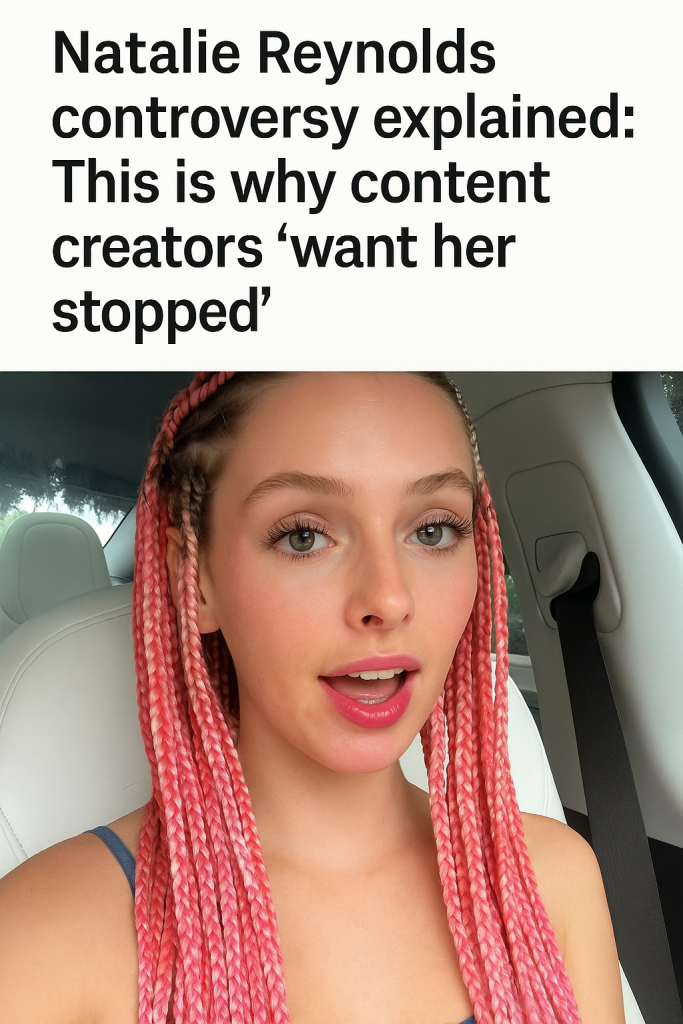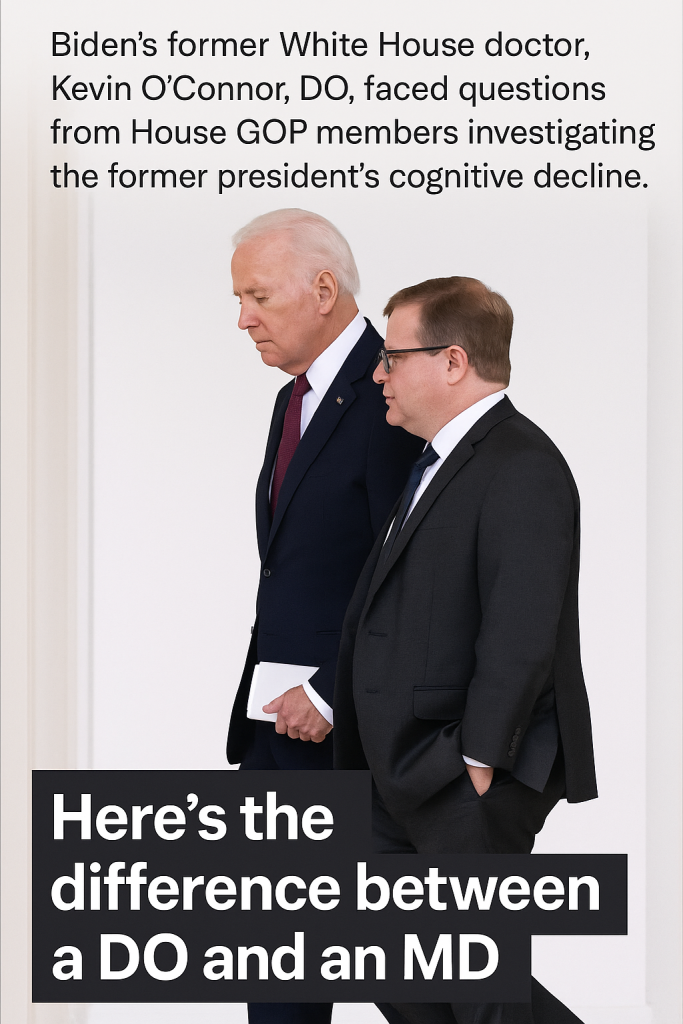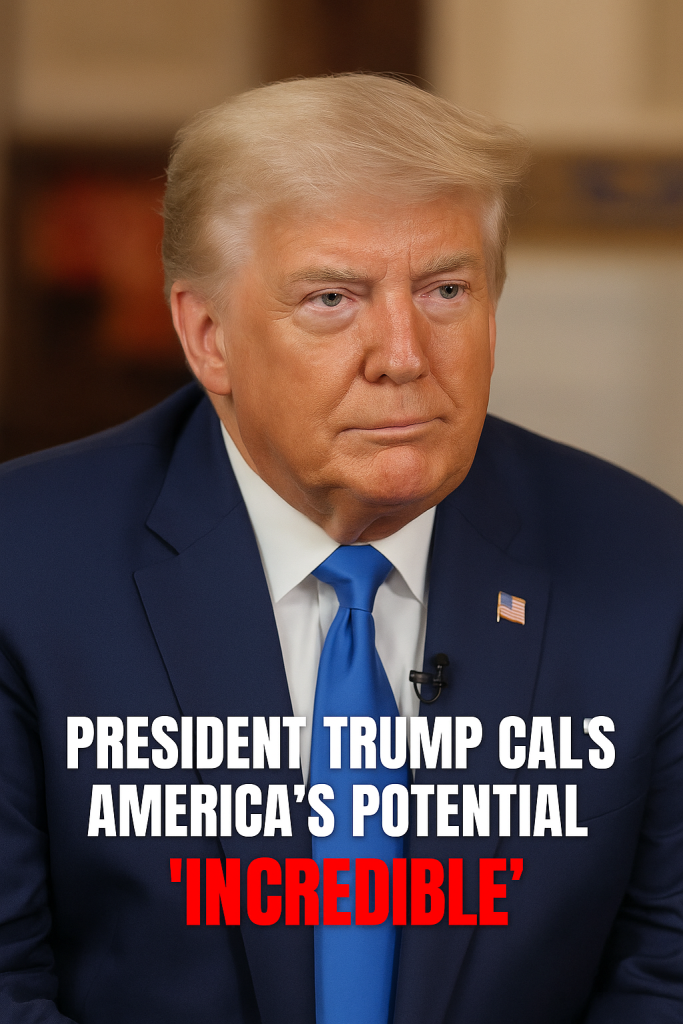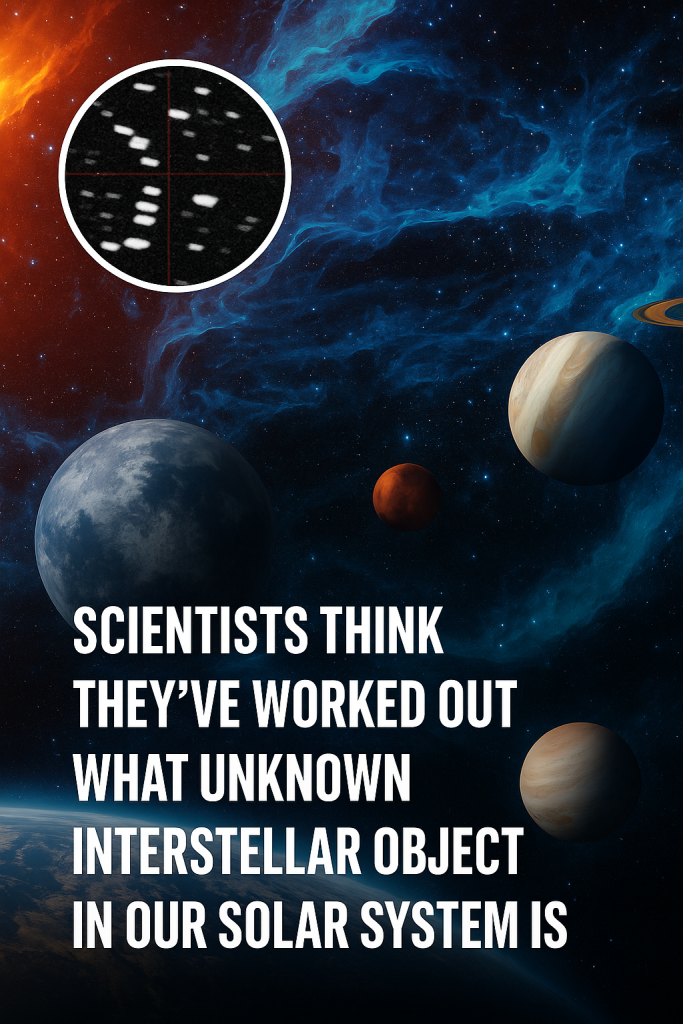In early 2024, Natalie Reynolds, a popular online content creator known for her lifestyle and commentary videos, has become the center of a significant controversy sparking a fierce backlash from many within the creator community. This unrest has culminated in a vocal movement urging for her to be “stopped,” a call rooted in concerns voiced by fellow creators and audiences alike. But what exactly has led to this heated dispute?
Background on Natalie Reynolds
Natalie Reynolds gained popularity over the past few years through her engaging content on platforms like YouTube and TikTok. Building a substantial following by blending personal anecdotes with general lifestyle advice, she positioned herself as a relatable voice in the digital community. However, controversy began mounting earlier in the year as several content creators publicly criticized her for her recent conduct and the nature of her content.
The Core of the Controversy
The uproar centers primarily on allegations that Reynolds has been appropriating content from smaller creators without proper credit, a practice dubbed as “content theft” by those affected. Numerous content creators have accused her of copying video formats, ideas, and even direct scripts, then publishing them to her channels where they receive significantly more exposure due to her large subscriber base.
In addition to this, some creators and viewers have expressed concerns over her engagement tactics, describing them as manipulative and misleading. Critics argue that Reynolds has leveraged controversy and provocative statements to rapidly increase her visibility, often at the expense of factual accuracy or respectful discourse.
The Response From Content Creators
The backlash intensified as more creators came forward with experiences of having their intellectual property appropriated or watching their genuine work overshadowed by Reynolds’ viral posts. A coalition of mid-tier influencers has publicly called for industry-wide reforms around content sharing and crediting to prevent such issues.
Several creators have initiated campaigns and discussions under tags like #StopNatalieReynolds aimed at raising awareness about fair content practices and protecting the creative rights of smaller influencers. This movement is as much about holding bigger creators accountable as it is about encouraging audiences to be more critical of the content they consume.
Natalie Reynolds’ Response
Reynolds has addressed these criticisms in a series of videos and social media posts, denying intentional content theft and framing her work as being inspired by the wider creator community. She emphasized collaboration and inspiration as essential components of digital content creation while acknowledging the need for clearer attribution practices. Her responses, however, have received mixed reactions, with some fans defending her and others feeling her statements fell short of genuine accountability.
Industry-Wide Implications
This controversy highlights deeper challenges within the digital content landscape—where the line between inspiration and imitation can blur, especially in fast-moving social media ecosystems. It also shines a light on the power dynamics between established creators with substantial reach and emerging voices striving for recognition.
As conversations continue, many experts suggest that clearer guidelines, technological tools for verification, and community-led standards may be essential to foster a fairer, more respectful creative environment.
What This Means for Viewers and Creators Moving Forward
For viewers, this ongoing situation serves as a reminder to critically evaluate the content they engage with and support creators who respect artistic integrity. For creators, it is prompting a necessary dialogue about ethics, originality, and the responsibilities that come with influence.
Ultimately, the “Natalie Reynolds controversy” has become a catalyst for broader discussions about fairness and respect within digital



